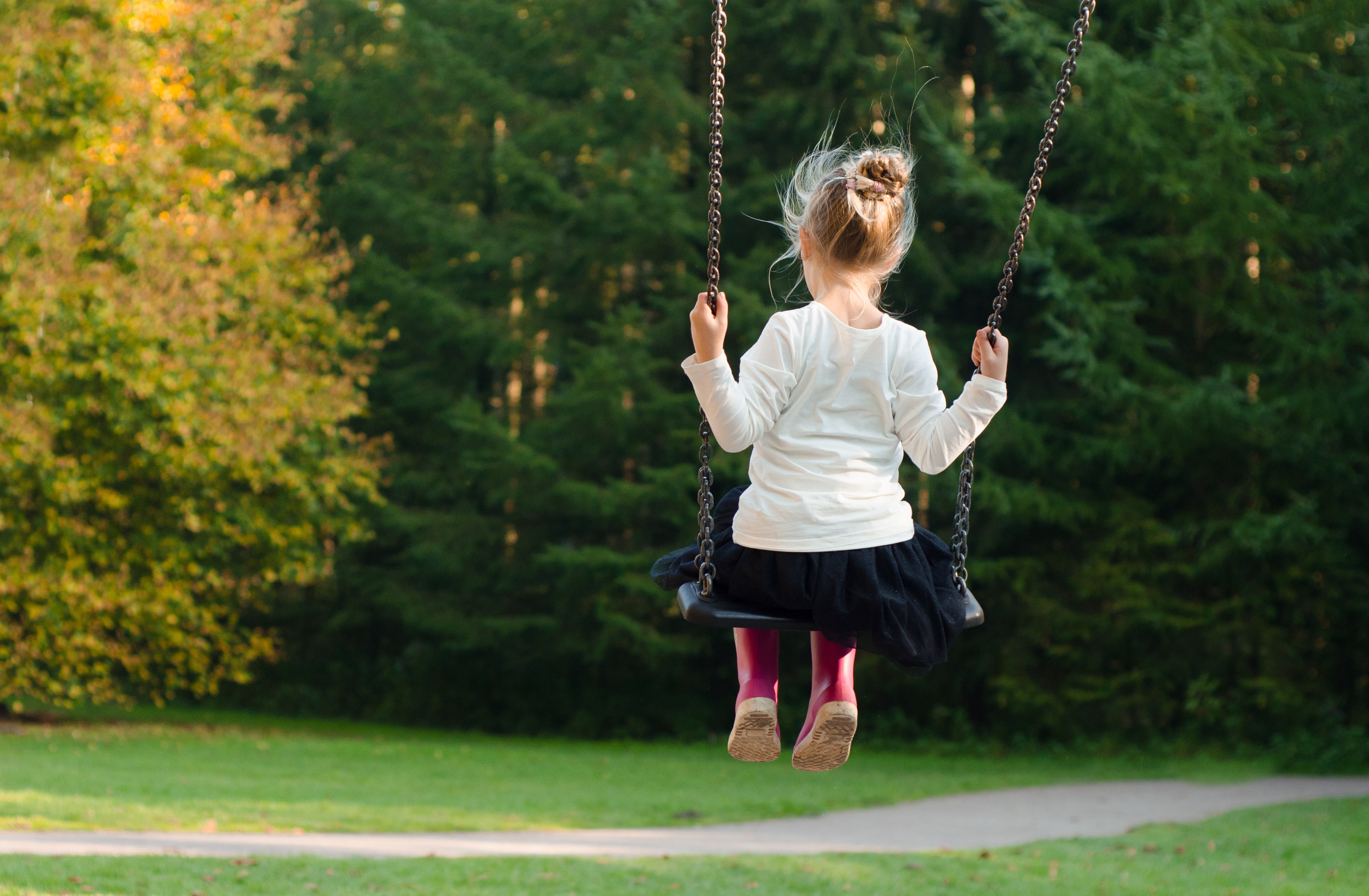Exploring the Connection Between Sleep Problems and Pediatric Migraines
Exploring the Connection Between Sleep Problems and Pediatric Migraines
There’s nothing quite as heart-wrenching as watching your child breakdown from the pain that is seemingly impossible to control. If you’ve ever thought, “what the hell is happening to my baby?!” then this article may be helpful for you. I’ll explore the link between sleep disturbances and pediatric migraines, identify a few health concerns, and provide ways you can help your child get and stay better.
What You Should Know About Childhood and Adolescent Migraines
Migraines in children are common and can be silent or ferociously painful in several ways. Here’s some research about pediatric migraines that’ll help you understand the condition better:
- Infantile colic was a problem in children with migraines.
- Mothers with migraines are 2.5 times more likely to have an infant with colic.
- Fathers with migraines are two times more likely to have a colicky baby.
- Boys aged 7 to 10 years can experience more migraines sooner than girls (until puberty, when girls tend to get more)
- Food allergies lead to leaky gut syndrome, and leaky gut causes migraines. This is the biggest problem in most migraineurs.
How is Sleep Connected to Pediatric Migraines?
A 2008 study found that children with migraines are twice as likely to suffer from OSA (obstructive sleep apnea) than children without migraines. Researchers found that more than half (56%) of children with migraines suffered a sleep-related breathing disorder in that study. Children who got less sleep, took longer to fall asleep, and had shorter REM cycles reported severe migraine pain.
What Happens When Your Child Doesn’t Get Enough Sleep?
Anyone who’s tried to wrangle a child into the car after a few nights of terrible sleep knows how a lack of it feels, but it doesn’t just cause irritability, crankiness, and a lot of tearful screaming. It also affects your child’s ability to learn and retain information in school and at home. Sleep deprivation lowers their pain (and patience) threshold, so symptoms are exacerbated. Further, sleep disturbance can cause conditions like:
- Bruxism (teeth grinding or jaw clenching)
- ADHD
- Learning disabilities
- Psychiatric problems like depression and anxiety
- Obesity
A Few Ways You Can Help Them
It can be summed up in one word: routine. There may be an allergy at play that’s making life difficult, and I would urge you to keep a close eye on food and drink, as these are the primary concerns in children with migraines. However, creating a sleep routine will be the ultimate support. That means going to bed and waking up at the same time every day (including weekends) and creating a practice they do every night and morning. Involve them in the process. Ask what they’d like to do and make a calendar or set timers. Here are some ideas to add to your routine:
- Drink a small glass of warm water an hour before bed.
- Take a low dose of melatonin for a few nights. Melatonin is made naturally in the body, so this should be used just to help on rough nights.
- Take a warm bath or shower 30 minutes before bed.
- Keep the lights dim for 1-2 hours before bedtime.
- Limit noise and screen-time two hours before bed. Try not to let them have more than two hours of screen time a day. Interact with them: read a story, cuddle, color, or do something relaxing.
- Use aromatherapy by putting a diffuser in their room. Oils like lavender and peppermint can help them relax.
- Keep the bedroom clean, cool, and dark.
Sleep is the body’s natural state. It is necessary for survival and good health. A lack of it can be problematic for both adults and children. It has no bias – no matter who you are or what you do, your body will break down if you don’t sleep. In the development years of childhood and adolescence, sleep deprivation can alter their life’s path and make becoming a productive member of society more difficult. I want to help. If you need support, have questions, or want to know more about me, please reach out through social media or my website. You aren’t alone.
Sources:
American Academy of Sleep Medicine: Link Between Migraines and Sleep Disorders in Children
PubMed (Headache): Pediatric Headache and Sleep Disturbance
Springer Link (Current Pain and Headache Reports): Pediatric Migraines and Academics
JCSM: Sleep Disturbance in Pediatric Intracranial Hypertension

